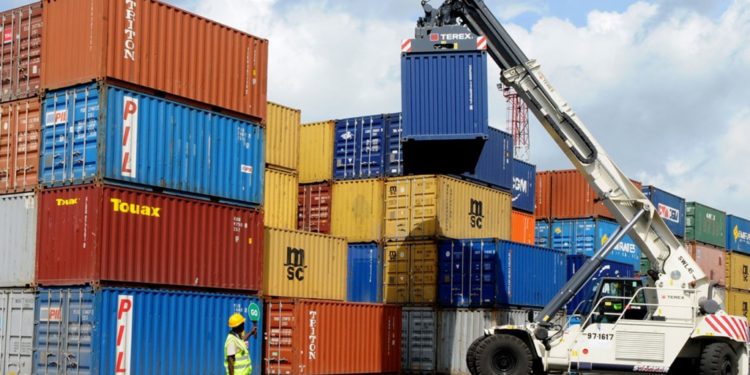Importers of various manufactured goods will face a series of new taxes as outlined by the Common External Tariff (CET) issued by the East African Community (EAC) on June 30th.
The gazette, signed by the EAC Council of Ministers led by Deng Alor Kuol, details numerous import taxes across all member states. Concerns have arisen that the Kenyan government has implemented higher import taxes through the regional body following the collapse of the Finance Bill 2024.
Despite the CET rate for crude oil being set at 0.0%, Kenya and Uganda have applied to raise their rate to 10.0%. Other significant changes include a 35.0% duty on imported television sets, used clothing, baby diapers, steel wires, LPG, trailers, and tractors. Additionally, Kenya increased the duty on imported motor vehicles from the CET rate of 25.0% to 35.0%.
These taxes are expected to raise commodity prices for items such as soap, margarine, cooking oil, and cosmetics. Since most ingredients for these products are not locally available, this move could hinder plans to lower local production costs.
The Finance Bill 2024 was rejected due to proposed import taxes that would have increased product prices. Despite government claims that higher import duties would boost revenue and protect local industries, the bill was ultimately dismissed after intense public protests.
However, Kenya has applied for a reduced customs rate of 35.0% on rice imports, down from the EAC CET rate of 75.0%. This reduction could benefit both importers and consumers by keeping rice prices low.
Additionally, the EAC approved duty remissions on textile inputs for Rwanda, Burundi, Tanzania, and Uganda


















